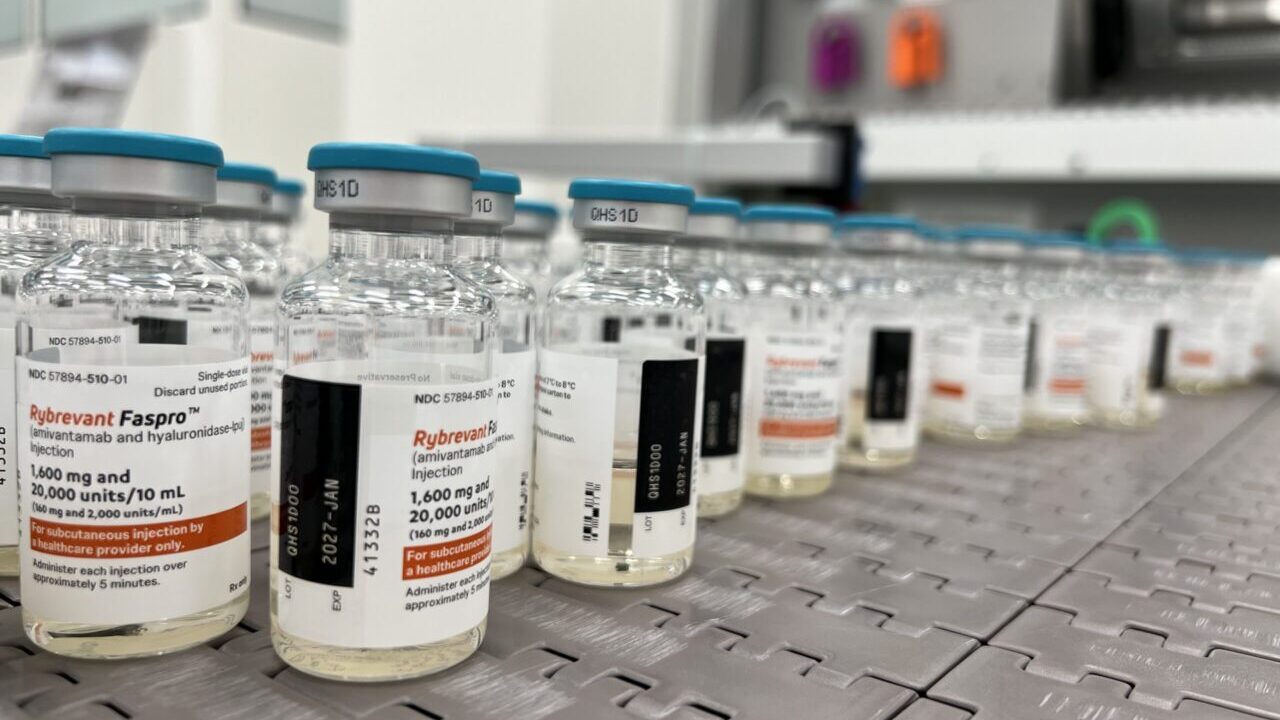Zealand Pharma has commenced its global Phase IIb ZUPREME-1 trial, enrolling the first participant to evaluate petrelintide, a long-acting amylin analog, as a potential investigational treatment for people with overweight or obesity. The study will assess the drug’s effects on body weight, safety and tolerability over a 42-week period.
Petrelintide, administered once a week under the skin, targets obesity through its action as an amylin analog, a hormone co-secreted with insulin from the pancreas. Amylin helps regulate satiety and slows gastric emptying, which can support weight loss. By mimicking this hormone, petrelintide may offer an alternative or complement to incretin-based therapies, known for their role in weight management.
Early clinical data suggest petrelintide could achieve weight loss similar to glucagon-like peptide-1 (GLP-1) receptor agonists while preserving lean muscle mass, addressing a common challenge in obesity treatments.
The ZUPREME-1 trial is a double-blind, placebo-controlled study involving approximately 480 participants across the US, Poland and Romania. To ensure gender balance, no more than 60 percent of participants will belong to a single gender.
The trial features five dosing groups of petrelintide, with doses escalating every four weeks for 16 weeks, followed by a maintenance phase through Week 42. Participants will also follow a reduced-calorie diet and increased physical activity regimen.
The primary endpoint is the percentage change in body weight from baseline to Week 28. Secondary measures include waist circumference, fasting glucose and hemoglobin A1c (HbA1c), alongside exploratory metrics such as changes in body composition measured through advanced imaging techniques.
Zealand Pharma anticipates completing enrollment in early 2025 and plans to initiate another Phase IIb trial of petrelintide for individuals with obesity and type 2 diabetes later next year.
Zealand Pharma is racing to lead the rapidly evolving obesity therapy field. Alongside petrelintide, Zealand Pharma’s ZP8396, another amylin analog, shows promise in preclinical studies.
In the broader landscape, Novo Nordisk’s cagrilintide, part of the CagriSema (cagrilintide) amylin and GLP-1 (semaglutide) combination, works by curbing appetite and improving blood sugar control and is moving towards Phase III.
Similarly, AstraZeneca’s AZD6234, a long-acting amylin agonist, is in Phase IIb trials to assess its potential for significant weight loss while preserving lean mass with once-weekly dosing. Meanwhile, UK company Gubra’s GUBamy, currently in Phase I, shows promise as both a single agent and in combination with other obesity therapies.
And among its many obesity drugs in clinical trials, Eli Lilly’s amylin analog eloralintide is in Phase II. It is being studied both as a single agent and in combination with tirzepatide for enhanced weight loss, leveraging its effects on satiety and metabolic function.












Join or login to leave a comment
JOIN LOGIN